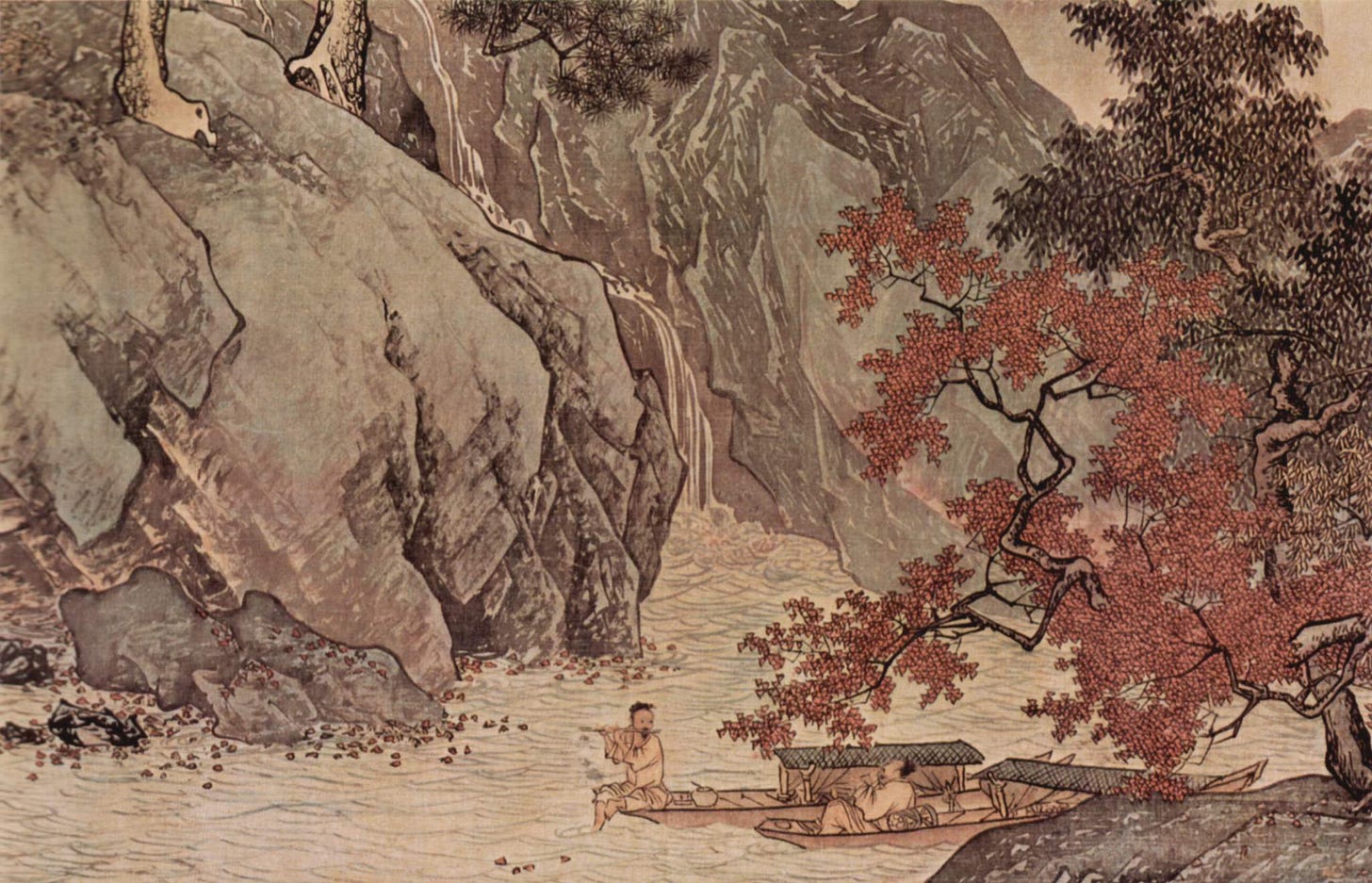
News
• This week we’ve added a new button, a Tip Jar, where you can leave your morning barista — or, I guess I mean, poetista — a small one-time tip as a thank-you for prompt and pleasant service. The finances are run by a site called “Buy Me a Cup of Coffee,” which is by all reports safe, secure, and reliable, and less complicated to use than more elaborate systems such as Patreon.
•
is growing — averaging, since its start in February, a hundred new subscribers a week. Which is astonishing and gratifying: a charm against melancholy and a cantrip for vitality. Our dogs dance with joy around our feet. Unfortunately, free subscribers feed our egos, not our dogs. Please do upgrade your subscription to paid, if you can.

Keep reading with a 7-day free trial
Subscribe to Poems Ancient and Modern to keep reading this post and get 7 days of free access to the full post archives.



